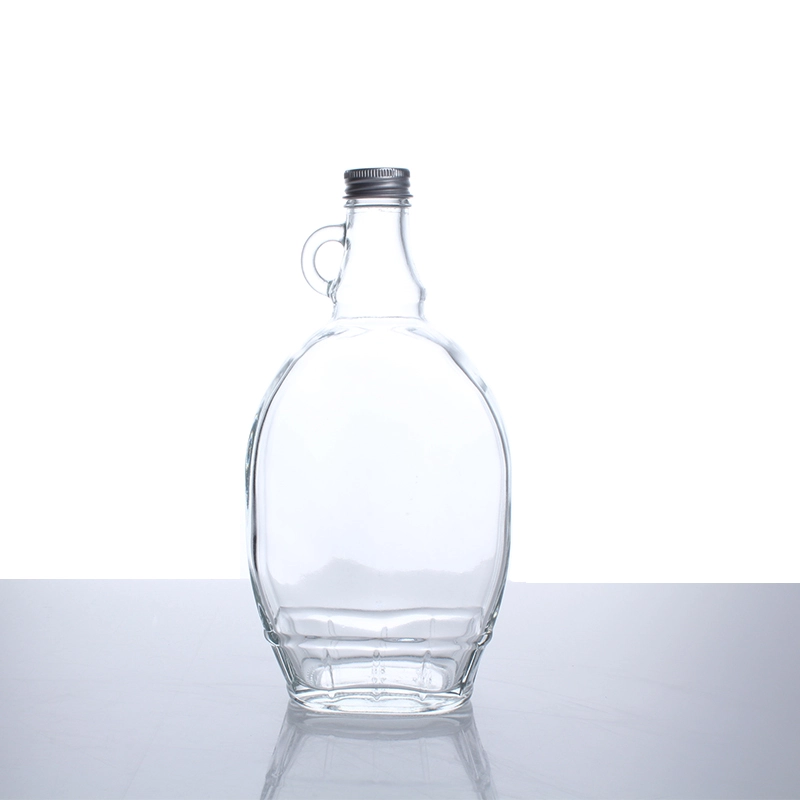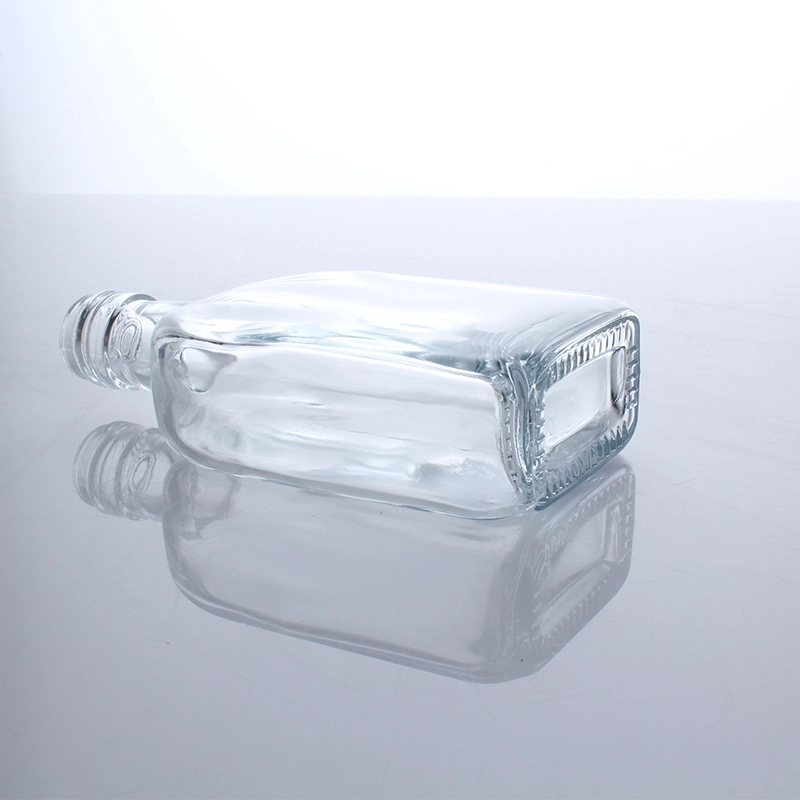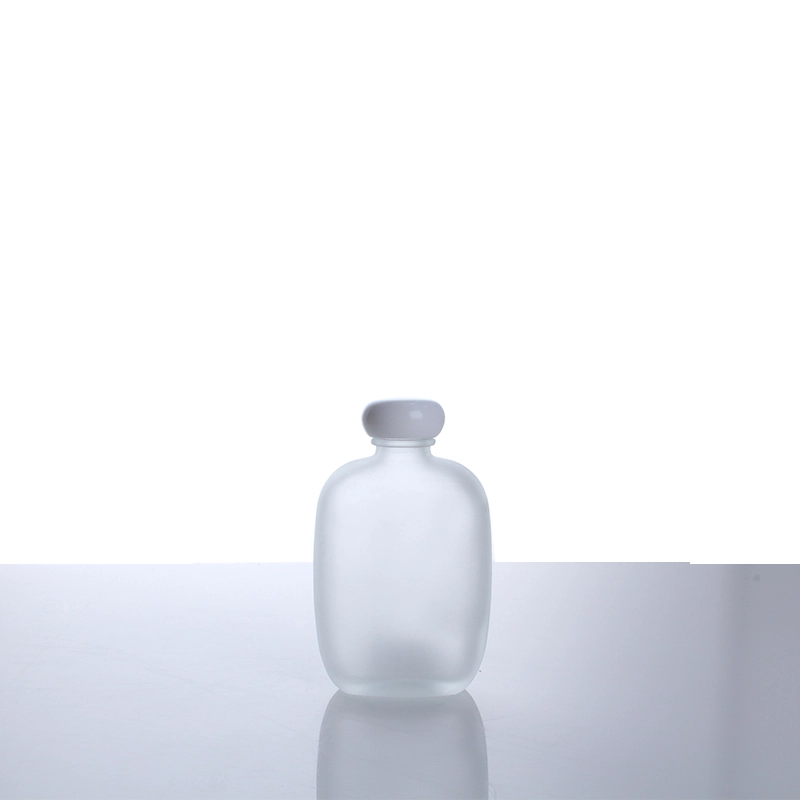WHAT ARE YOU LOOKING FOR?

Glass bottles for food storage are widely used for preserving and storing food. Due to their environmental friendliness, health benefits, and excellent sealing properties, they are highly favored by consumers. Glass bottles not only help extend the shelf life of food but also maintain the original flavor and freshness of the food. Below is a detailed introduction to glass bottles for food storage.

Material Characteristics
Safe and eco-friendly: Glass bottles for food storage do not contain harmful chemicals, are heat resistant, non-toxic, and odorless, making them suitable for contact with food. Compared to plastic containers, glass bottles do not contain potentially harmful substances like BPA (Bisphenol A).
Acid and alkali resistant: Glass has excellent resistance to acids, alkalis, and other chemicals, making it suitable for storing various types of food, including acidic foods like fruits and vinegar products.
High and low temperature resistant: Most glass bottles for food storage can be used at high temperatures, such as for boiling sterilization or heating in an oven, and can also be used in low-temperature environments, suitable for refrigeration or freezing storage.
Sealing Performance
Vacuum sealing: Many glass bottles for food storage come with sealing lids, and some jars can achieve a vacuum state through boiling sealing, which is especially suitable for long-term storage of jams, preserves, sauces, etc.
Moisture and oxidation prevention: Well-sealed glass bottles can effectively prevent air and moisture from entering, thereby avoiding food mold or oxidation, extending shelf life.
Maintains Original Flavor: Glass is an inert material that does not absorb or release odors, thereby preserving the original flavor of the food and preventing cross-contamination of flavors.
High Visibility: Glass bottles for food storage are usually transparent, making it easy to observe the condition and remaining amount of the food inside, facilitating use.
Easy to Clean: Glass bottles are easy to clean and do not retain stains or odors like plastic containers after long-term use. Most glass bpttles can also be washed in a dishwasher.
Sustainability: Glass bottles have great sustainability as they can be reused multiple times, reducing the waste of single-use plastic containers. Even if damaged, they can be recycled and reused, reducing environmental impact.

Jam and Preserve Jars
These glass bottles for food storage usually have screw or clip-on sealing lids, suitable for storing homemade jams, preserves, pickles, etc. The sealing lids often come with gaskets to ensure airtightness.
Dry Goods Storage Jars
Suitable for storing rice, flour, dried beans, grains, dried fruits, and other foods. These jars usually have a wide mouth design, making scooping easy.
Fermentation Jars
The acid and alkali resistance of glass makes it an ideal choice for making and storing fermented foods such as pickles and yeast. Some fermentation jars are also equipped with air valves to allow gas release during fermentation without compromising the seal.
Spice Jars
Used for storing spices such as sugar, salt, coffee beans, spices, etc., they are both aesthetically pleasing and easy to access.

Sterilization
Before storing food, especially homemade jams, canned foods, etc., it is recommended to thoroughly clean and high-temperature sterilize the glass bottles.
Avoid Extreme Temperature Differences
Although glass bottles are resistant to high and low temperatures, they should avoid rapid extreme temperature changes. For example, a food storage glass bottle taken out of the refrigerator should not be immediately placed in the oven for heating, as this may cause breakage.
Regularly Check Sealing
For long-term stored jarred food, regularly check if the sealing lid is loose or aging to ensure that the food is in a good sealed environment.
Glass bottles for food storage are an ideal food storage tool, especially suitable for foods that need long-term preservation. Their sealing performance, hygiene, visibility, and environmental friendliness make them important tools in households, restaurants, and even the food industry. Through proper use and maintenance, glass bottles for food storage can effectively maintain the freshness and safety of food, meeting modern people's needs for environmental protection and health.